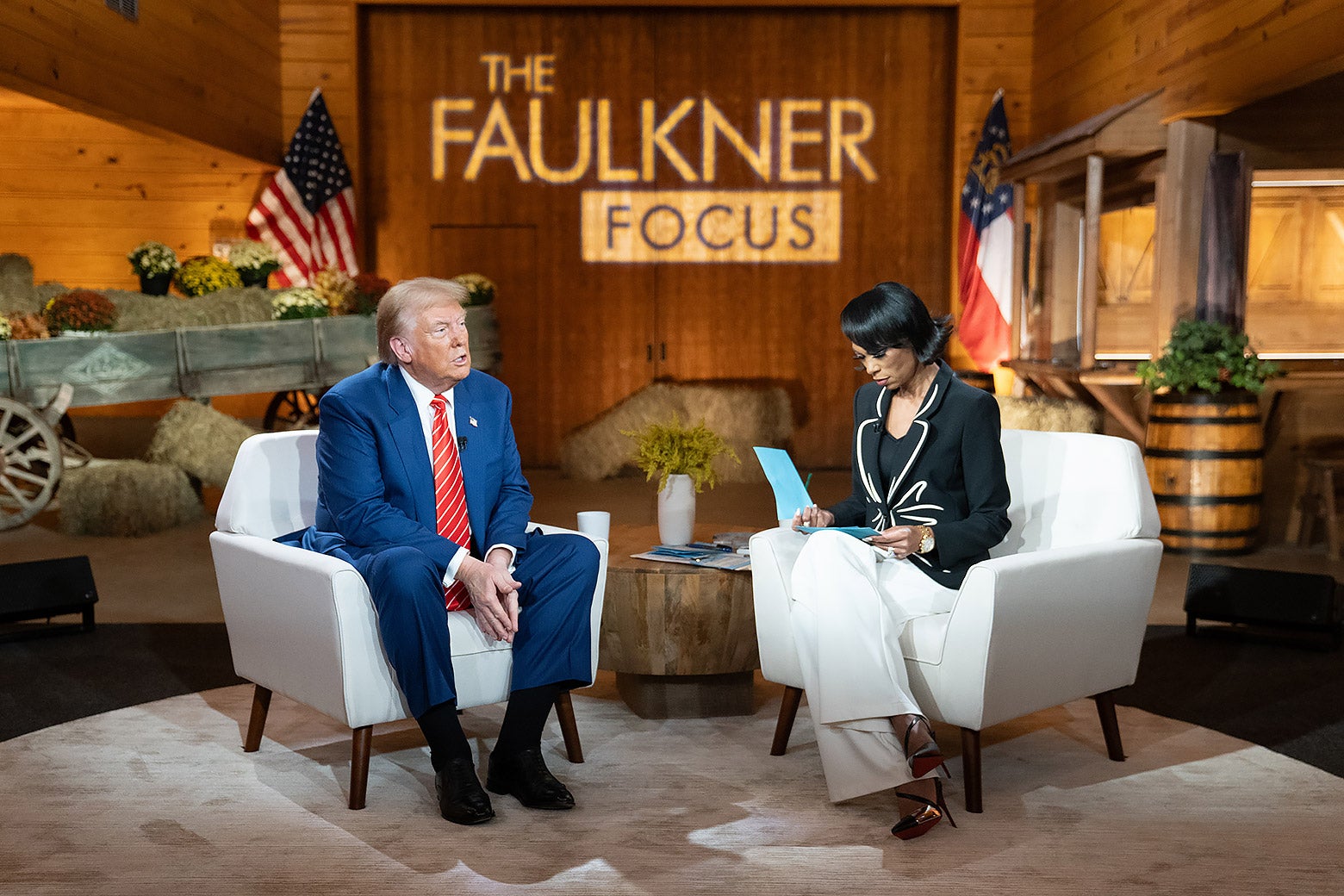Politics
Trump’s Disturbing Appeal to Women Voters Is Strategically Sound.

In the run-up to the 2024 election, Donald Trump’s recent engagement with women voters surrounding sensitive topics like abortion and in vitro fertilization (IVF) has sparked significant discussion. His appearance at a Fox News town hall, where he interacted with a female-only audience, offered a glimpse into his strategy, albeit one that many might find unsettling.
Political discourse often revolves around identifying the wants and needs of women, especially given their increasing turnout at the polls compared to men. Yet, despite making up over half the electorate, issues relevant to women are frequently dismissed or relegated as mere “women’s issues.” The imbalance in representation, particularly within the Republican Party, remains notable, especially as the U.S. has yet to see a female president.
In his appearance, Trump sought to tackle the question of what resonates with women voters. To summarize: he delivered a mix of safety rhetoric, curious musings about reproductive rights, and his characteristic bravado about fixing issues—often at the expense of democratic ideals. It was apparent that Trump’s team had directed him to adopt a paternalistic tone, aligning their message with the idea that women require protection—essentially seeing them as a demographic whose support is only sought when necessary.
His assertions contained familiar patterns for those accustomed to his rhetoric: bold claims about having the “best” policies while dismissing the opposing party’s viewpoints. He claimed a mastery of topics like child tax credits, drawing attention to his daughter Ivanka as the motivator behind any progress in that area, despite the reality being far different.
Trump’s declaration of being the “father of IVF” has drawn ire, given the backdrop of Republican opposition to reproductive healthcare access, including IVF. His comments seemed more about maintaining an image of a protector than addressing the real challenges women face in accessing fertility treatments. Rather than acknowledging his party’s history of blockers, he pointed to a single senator, framing it as a newfound enlightenment on the issue.
Furthermore, when asked about policy implications for transgender athletes, his solution was simply to “ban it,” reinforcing a notion of government as a tool for immediate resolutions rather than thoughtful legislation. His audience responded positively to these assertions, reflecting a preference for straightforward, albeit authoritarian, approaches over democratic complexity.
The staggeringly relevant question remains: do women want autonomy over their bodies and decisions, or are they seeking reassurance from a figure who promises to address their concerns unilaterally? Trump’s narrative suggests that true agency might be unnecessary when they could rely on a paternal figure for guidance and decision-making.
The truth is women, just like any group, are not homogenous in their desires or needs. A significant point of contention is bodily autonomy when faced with life-altering decisions. Trump’s approach, framed as a protective measure, strips away the fundamental right to choose, suggesting that all women need to navigate their dilemmas is a trustworthy leader who will dictate the solution. This paradigm could resonate with his support base but raises profound questions about the future of women’s agency in politics.
